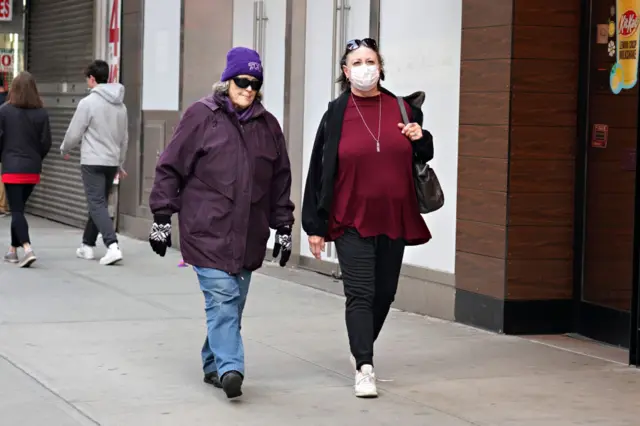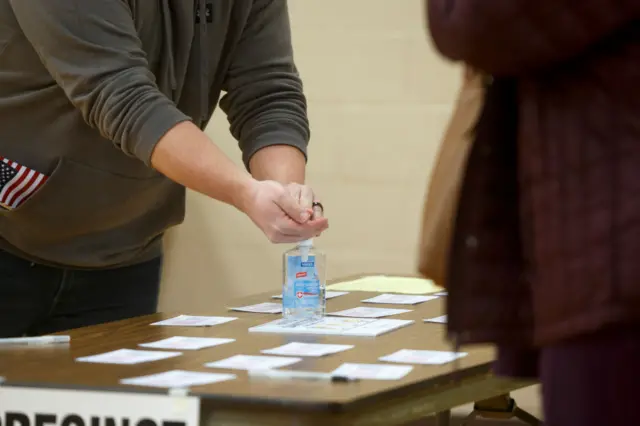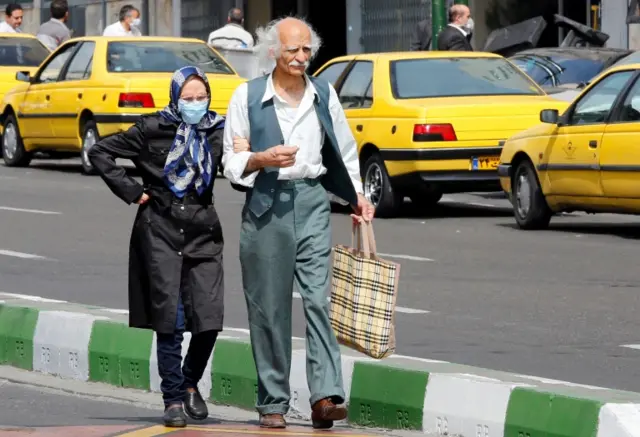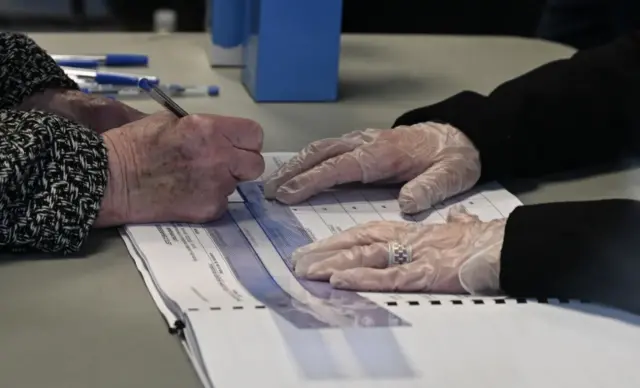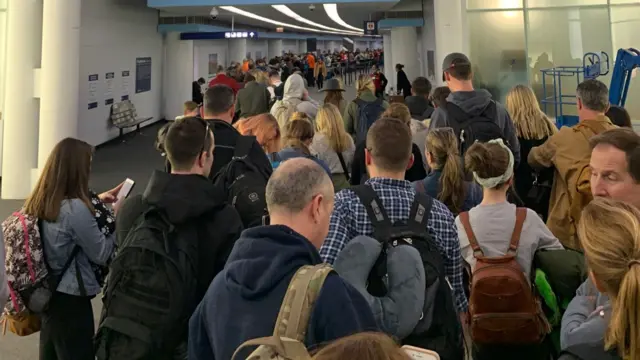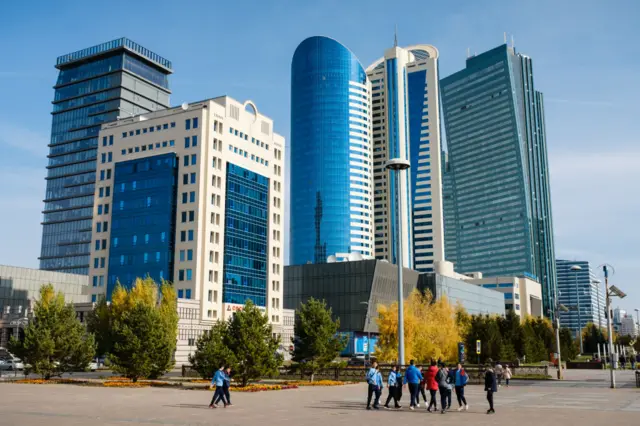Are pregnant women and babies more at risk?published at 14:47 GMT 15 March 2020
This weekend a mother and her newborn baby both tested positive for the coronavirus in the UK.
Naturally, this has sparked a lot of concern among pregnant women and mothers of young children.
So what happens if you get the virus, and what are the risks?
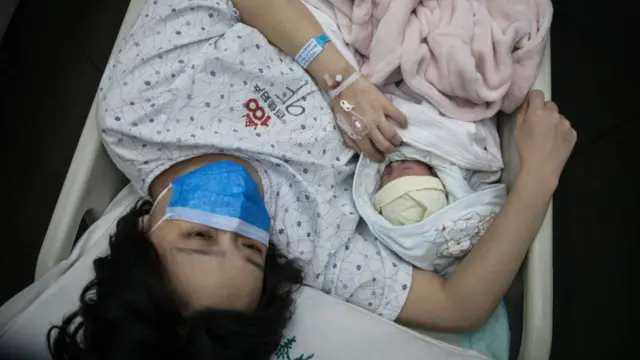 Image source, Getty Images
Image source, Getty ImagesA woman and her newborn baby, born in Wuhan in February during the lockdown
According to guidelines from the Royal College of Obstetricians and Gynaecologists in the UK, pregnant women "do not appear to be more severely unwell if they develop coronavirus than the general population".
However, because the virus is relatively new it's still unclear exactly what effect it might have on a pregnant woman's health.
"It is expected the large majority of pregnant women will experience only mild or moderate cold/flu-like symptoms," the RCOG says.
As for unborn babies, doctors are said to be looking into whether the newborn diagnosed this weekend caught the virus before they were born or afterwards.
But for now, the RCOG says, there is "no evidence that the virus can pass to your developing baby while you are pregnant... it is therefore considered unlikely that if you have the virus it will cause abnormalities in your baby".
And if you are diagnosed with the coronavirus, you'll still be able to breastfeed, as there's no evidence the virus can be passed on through breast milk. However, you should avoid coughing while doing so, and wash your hands before and after feeding.
